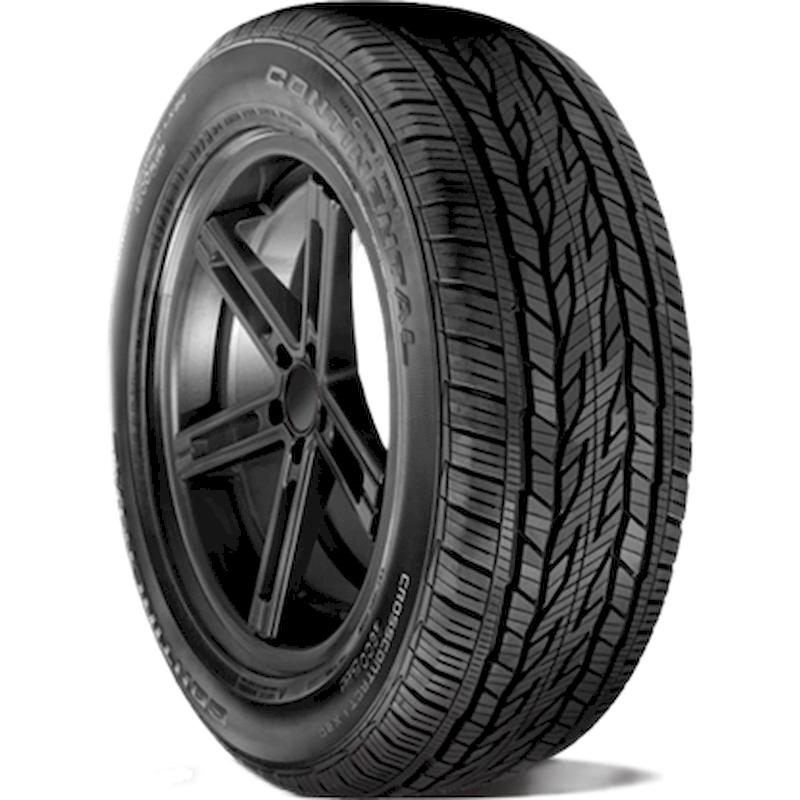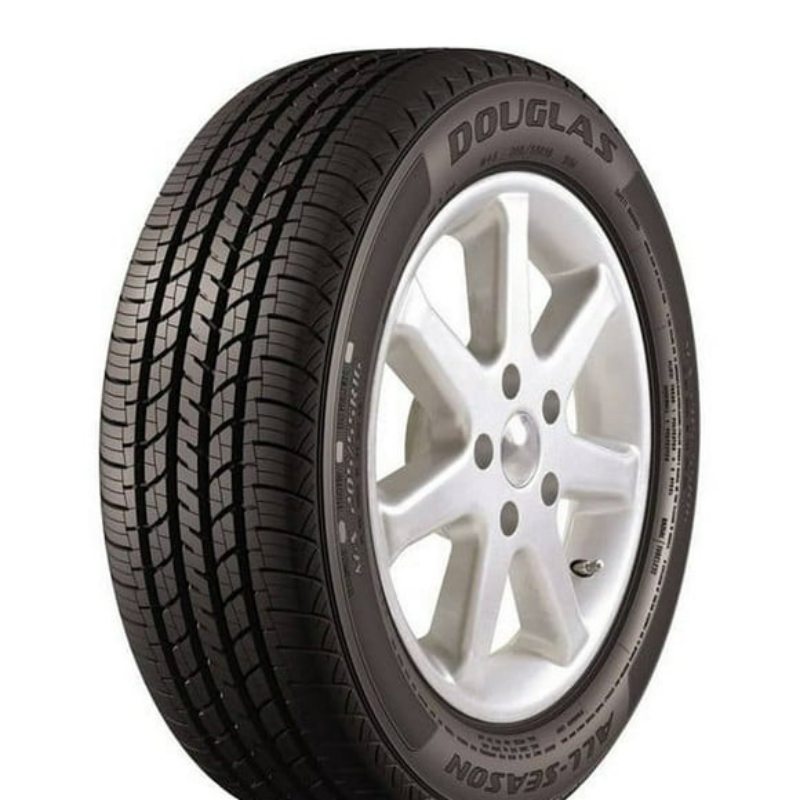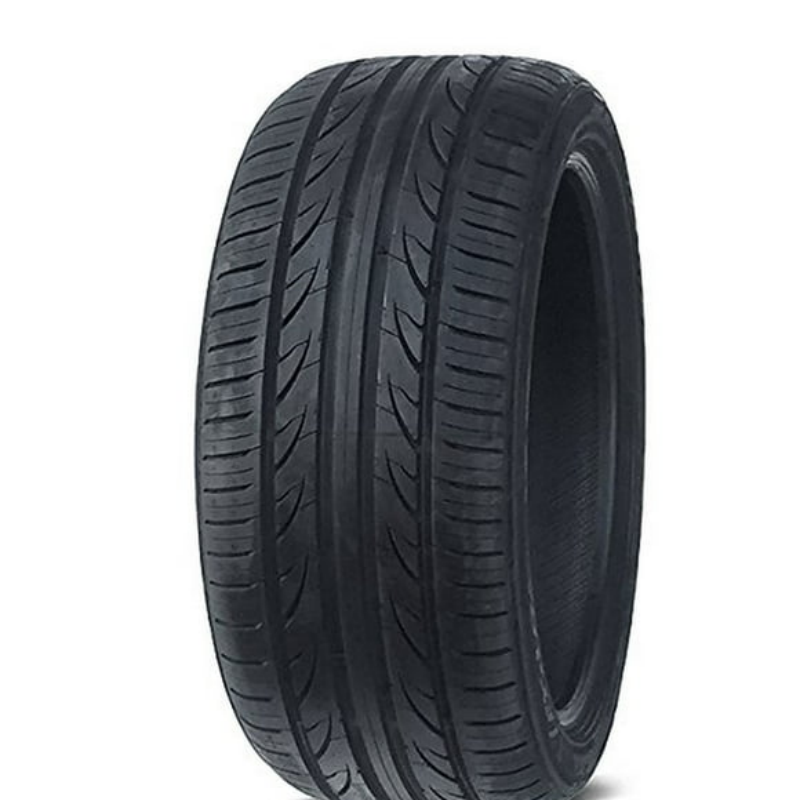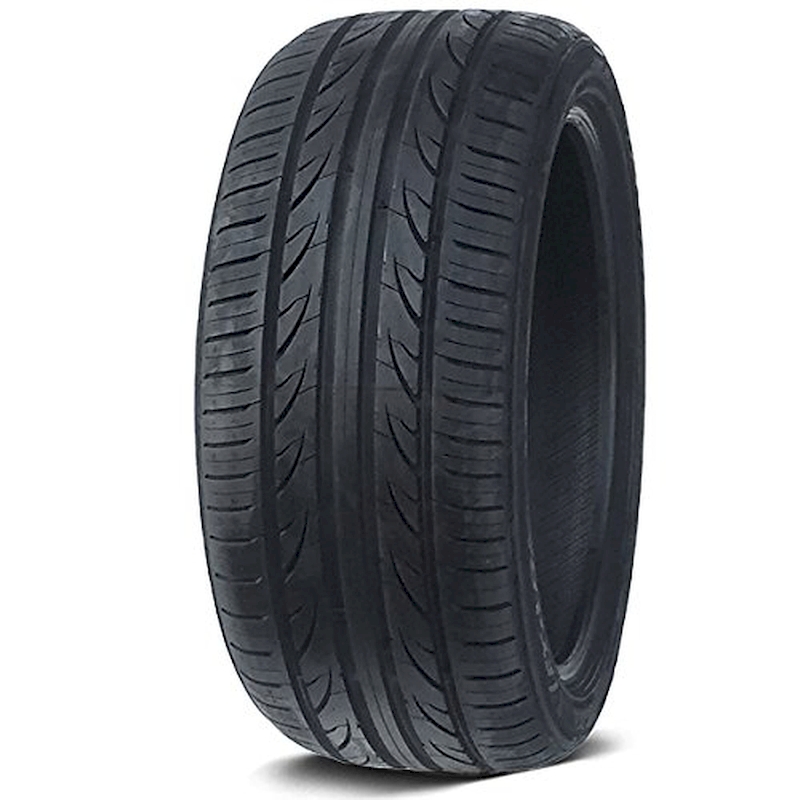When it comes to the longevity and performance of your vehicle, tires play a crucial role. Continental tires, a well-respected name in the tire industry, are often praised for their quality, safety features, and performance under various driving conditions. Many drivers find themselves asking, “how many miles are Continental tires good for?” Understanding the mileage expectation of these tires is essential for maintaining your vehicle’s performance and ensuring your safety on the road. The lifespan of Continental tires can vary based on several factors, including driving habits, tire maintenance, road conditions, and the specific tire model you choose. In this comprehensive guide, we will provide an in-depth look at the factors that influence tire lifespan, the typical mileage you can expect from various models of Continental tires, and tips for maximizing the life of your tires. Equipped with this knowledge, you’ll be well-prepared to make informed choices about your vehicle’s performance and safety.
Understanding Continental Tires
Before exploring how many miles Continental tires are good for, it’s essential to understand the brand and its commitment to quality.
History of Continental Tires
Founded in 1871 in Hanover, Germany, Continental began as a producer of rubber products, later transitioning to tire manufacturing.
- Innovation and Growth: Over the years, the company has pioneered several technologies in tire design and production, setting standards for safety, performance, and efficiency in the automotive industry.
Types of Continental Tires
Continental offers a wide variety of tires designed to suit different types of vehicles and driving conditions.
- Passenger Tires: These tires are engineered for comfort, fuel efficiency, and quiet rides, ideal for everyday drivers.
- Performance Tires: Designed for sports cars and enthusiasts, performance tires focus on grip and handling.
- SUV and Crossover Tires: Built to handle rugged terrains, these tires provide durability and off-road capabilities.
- Truck and Van Tires: Engineered for heavy loads and durability, these tires focus on longevity and stability.
- Winter Tires: Continental also provides winter tires designed to perform in snowy and icy conditions, enhancing safety during adverse weather.
Typical Lifespan of Continental Tires
Now, let’s delve into how many miles you can typically expect from Continental tires, considering various factors.
Understanding Tread Wear
Tread wear is a critical indicator of when tires need to be replaced.
- Tread Depth: The initial tread depth of Continental tires generally ranges between 10/32” to 12/32”, depending on the model. Maintaining tread depth above 2/32” is essential for safety.
- Indicators of Wear: Most Continental tires come with built-in tread wear indicators. These markings show when your tires are due for replacement.
Average Mileage Expectations
The average mileage for Continental tires can vary based on the tire type and model.
- Performance Tires: Typically, performance tires may last between 20,000 to 30,000 miles. While they offer excellent grip and handling, their softer compounds wear out faster.
- All-Season Tires: On average, all-season Continental tires can last anywhere from 50,000 to 70,000 miles. They offer a balanced approach for various driving conditions and are popular among everyday drivers.
- Winter Tires: Winter tires generally last 20,000 to 30,000 miles due to their soft composition designed to maintain traction in cold conditions.
- SUV and Truck Tires: These tires can also provide longevity, often lasting between 60,000 and 80,000 miles due to their robust construction.

Driving Conditions Affecting Tire Lifespan
Various driving conditions can influence how long Continental tires last.
- Road Quality: Potholes, debris, and rough surfaces can accelerate wear and tear on tires. Consistently driving on poor-quality roads can reduce tire lifespan.
- Climate: Extreme temperatures can impact tire performance. Heat can cause tires to wear prematurely, while cold conditions might make them brittle.
- Driving Habits: Aggressive driving, frequent abrupt stops, and rapid acceleration can contribute to faster tire wear.
Factors Influencing Tire Longevity
Understanding the factors that affect tire longevity is essential for maximizing mileage and safety.
Tire Maintenance Practices
Regular maintenance plays a significant role in prolonging the life of your Continental tires.
- Proper Inflation: Maintaining appropriate tire pressure is crucial. Under-inflated tires can lead to excessive wear, while over-inflation can reduce traction and increase the risk of blowouts.
- Rotation and Alignment: Regularly rotating your tires and ensuring proper wheel alignment will promote even wear across all tires, extending their lifespan.
- Balancing: Properly balanced tires contribute to a smoother ride and can prevent uneven wear.
Seasonal Considerations
Seasonal changes may necessitate different types of tires for optimal performance.
- Switching to Winter Tires: If you live in a region with severe winters, switching to dedicated winter tires during cold months can protect your all-season tires from undue wear.
- Storing Tires: If you switch tires seasonally, ensure that you store tires properly to prevent degradation. Dry, cool locations with minimal sunlight exposure are ideal.
Monitoring for Signs of Wear
Keeping an eye on your tires for signs of wear and damage is essential for safety.
Visual Inspections
Conducting regular visual inspections can help you save on costs in the long run.
- Tread Pattern: Look for irregular wear patterns, which could indicate issues with alignment or suspension. Uneven wear may necessitate an alignment adjustment or suspension evaluation.
- Surface Cracks: Check for any visible cracks, bulges, or punctures on the sidewalls and tread. These could lead to blowouts if not addressed promptly.
Performance Changes
Pay attention to any changes in performance, which can indicate tire issues.
- Vibration: Experiencing unusual vibrations while driving might suggest problems with your tires, including balancing issues or uneven wear.
- Noise: Excessive road noise can be a sign of tire wear and could indicate the need for replacement.
When to Replace Continental Tires
Knowing when to replace your tires can enhance safety and performance.
Tread Depth Measurement
Measuring tread depth is a straightforward way to assess tire health.
- Using a Tread Depth Gauge: Regularly check the tread depth using a tread depth gauge. If tread depth falls below 2/32”, it’s time to consider replacing the tires.
Age of the Tire
Tires can degrade over time, even with good tread depth.
- Manufacturing Date: Check the manufacturing date on the tires. Most experts recommend replacing tires that are more than six years old, regardless of tread depth.
Performance Indicators
If you notice any performance issues, consider replacing the tires sooner.
- Handling and Traction: If the vehicle starts to handle differently or loses traction during turns, it may be time to replace the tires even if they don’t appear worn.
Comparing Continental Tires to Other Brands
When it comes to selecting tires for your vehicle, comparing Continental tires to other brands can offer valuable insights.
Performance and Longevity
Continental tires are often known for their durability and high performance.
- Tire Tests and Reviews: Many tire comparison tests highlight Continental tires as top performers across various metrics, including wet traction, handling, and longevity.
Cost Considerations
While quality is essential, cost is also a significant factor.
- Investment Value: While Continental tires may carry a higher price point than some competitors, their longer lifespan and performance can provide better long-term value.
Brand Reputation
Continental has a solid reputation within the tire manufacturing industry.
- Consumer Feedback: Reviews from consumers often reflect satisfaction with performance, safety features, and wear life, further attesting to the brand’s reputation.

Conclusion
In conclusion, understanding how many miles Continental tires are good for is essential for maintaining your vehicle’s performance and safety. Continental tires, with their range of models and thoughtful engineering, typically offer impressive lifespans, especially with proper maintenance and care. Expect to see varied mileage based on tire type, driving conditions, and personal driving habits.
Regular inspections and understanding the signs of wear and tear will help you make timely decisions about replacement while maximizing the life of your tires. The knowledge of different tire types, their lifespan, benefits of upkeep, and common signs of wear will empower you as a vehicle owner to prioritize safety and efficiency.
Ultimately, investing in high-quality Continental tires ensures you not only enjoy your driving experience but do so with confidence in your vehicle’s performance and reliability. Whether you’re navigating daily commutes or long road trips, well-maintained tires will contribute significantly to your peace of mind.
